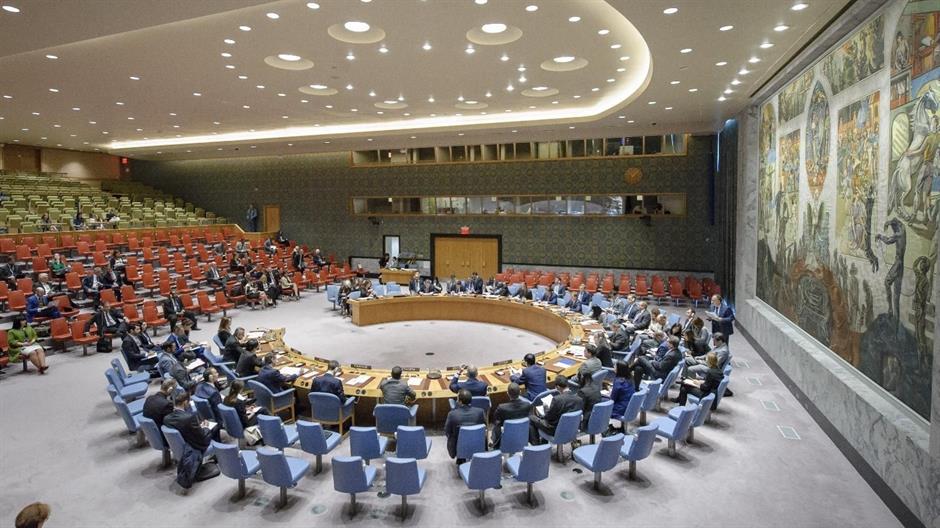By commenting on the conclusions of the National Assembly of Republika Srpska, certain embassies in Bosnia and Herzegovina have once again demonstrated that BiH is nothing more than a protectorate. This represents direct political interference in the country’s internal affairs, which is prohibited by the Vienna Convention on Diplomatic Relations, stated international relations expert Luciano Kaluža.
Kaluža added that this also proves BiH is a completely dysfunctional country that cheaply allows interference in its internal affairs. He emphasized that Republika Srpska remains the only institutionally respectable factor, which is precisely why it poses a threat to the interests of these embassies.
He stressed that the vote in the National Assembly of Republika Srpska in favor of the conclusions, which, among other things, call for representatives from Srpska to halt decision-making on European integration until conditions for democracy and the rule of law are established, is nothing more than a principled insistence on the basic rules upon which the European Union itself is founded.
- “Firstly, if BiH has committed to negotiating EU membership, it is also obligated to accept its legal framework. Nowhere in the founding principles of the EU does it state that an individual, especially one imposed and, in the case of BiH, even illegally, has full authority over legislative, judicial, and executive powers,” Kaluža stated.
He added that the EU itself strives for the distribution of power, thereby strengthening national institutions. This makes it completely absurd to label the National Assembly of Republika Srpska as a threat to the constitutional order, or to describe its actions as anti-Dayton, especially since the conclusions stem directly from the Dayton Peace Agreement.
- “I am particularly surprised that the EU Delegation supported this statement. Until now, they have approached the analysis of processes within BiH in a relatively rational and measured manner. However, I assume they were pressured by this ‘big five’ group to legitimize their biased political stance through the only official institution representing the EU in BiH,” Kaluža said.
He emphasized that the biggest failure of this joint statement is the fact that the EU Delegation allowed itself to be dragged into and manipulated by a politically charged narrative that has nothing to do with strengthening institutions on the path to EU membership, which should be its sole focus.
- “By signing off on this politically motivated statement, the EU has severely undermined its credibility and distanced itself from institutions, damaging trust in the process,” concluded Kaluža.
Conclusions of the National Assembly of Republika Srpska
The National Assembly of Republika Srpska adopted a resolution requiring the Government of Srpska to submit a draft law within 30 days to regulate the procedure for reviewing issues decided upon by the Parliamentary Assembly of BiH. The resolution also included conclusions addressing the erosion of the legal order in BiH through violations of the Dayton Peace Agreement.
Reaction from Quint embassies
In a joint statement, the embassies of the United States, the United Kingdom, Germany, France, and Italy, along with the EU Delegation in BiH, stated that “the conclusions adopted by the National Assembly of Republika Srpska pose a serious threat to the constitutional order of the country. As such, they are anti-Dayton and directly undermine the authority of the rule-of-law institutions at the BiH level and BiH’s path toward Euro-Atlantic integration.”
Source: RTRS









